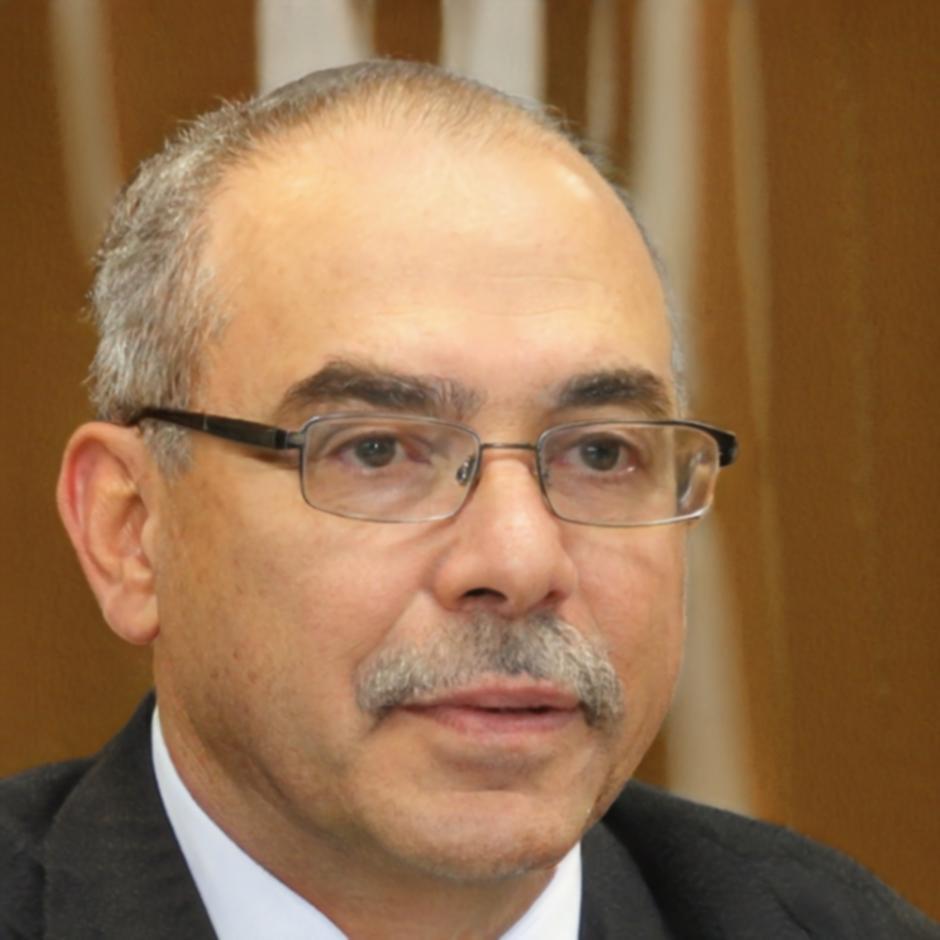Managing Your Budget While Studying in Vietnam
International students face unique financial challenges when studying abroad. Between fluctuating exchange rates, unfamiliar cost structures, and seasonal variations in expenses, staying on top of your budget requires careful planning and local knowledge.
Common Budget Surprises Students Encounter
- Summer months bring higher electricity costs due to air conditioning needs in humid climate
- Tet holiday period sees price increases for food, transportation, and accommodation services
- Monsoon season creates unexpected expenses for weatherproof gear and alternative transport
- Academic breaks reduce student discounts while travel opportunities increase spending temptations
- Health insurance gaps during holidays or between policy renewals can create financial stress

Building Your Seasonal Budget Framework
Most students who struggle financially make one mistake: they create a single monthly budget and stick to it year-round. But expenses here vary significantly by season and academic calendar.
Track Your Baseline
Spend your first semester recording every expense. You'll spot patterns that don't match home country assumptions about cost of living.
Create Seasonal Buffers
Set aside extra funds during low-expense months to cover predictable spikes during Tet, summer, and exam periods.
Adjust Monthly Targets
Rather than one budget, maintain three versions: low season, high season, and holiday period with different allocation priorities.

Kasper Lindholm
Student Finance Advisor
Dragan Petrović
Budget Planning Specialist
Ewan MacLeod
International Student CoordinatorPersonal Support Throughout Your Journey
We work with international students specifically because general financial advice doesn't address the reality of studying abroad. Currency fluctuations matter. Local holidays affect everything. And your home country banking setup might not serve you well here.
Our advisors have all lived abroad as students themselves. They understand the stress of watching exchange rates eat into your budget, or realizing your rent increased during a festival you didn't know about.
Monthly Check-ins
Regular reviews help you spot problems early and adjust before small issues become serious financial stress.
Crisis Planning
Emergency funds and backup plans for unexpected situations like family emergencies or sudden exchange rate shifts.
Local Market Knowledge
We track actual student costs in Thai Nguyen, not generic Vietnam averages that don't reflect reality.
Banking Coordination
Help navigating between home country accounts, local banks, and international transfer services for lowest fees.
What to Expect When Working With Us
We start with a comprehensive assessment of your current financial situation, expected income sources, and any obligations back home. This isn't a five-minute form, it's a real conversation about your circumstances.
Then we build a customized framework that accounts for your specific program schedule, housing situation, and personal priorities. Some students need help preventing overspending. Others need strategies to maximize limited funds.

Initial Assessment (Week 1)
Complete financial review including home country commitments, expected income, scholarship terms, and family support arrangements.
Budget Framework Development (Week 2-3)
Create your seasonal budget system with specific allocations for housing, food, transportation, academic expenses, and discretionary spending.
Implementation & Tracking Setup (Week 4)
Establish tracking systems, set up appropriate banking arrangements, and schedule regular review meetings for ongoing support.
Ongoing Monitoring (Monthly)
Regular check-ins to review spending patterns, adjust for seasonal changes, and address any financial concerns as they emerge.